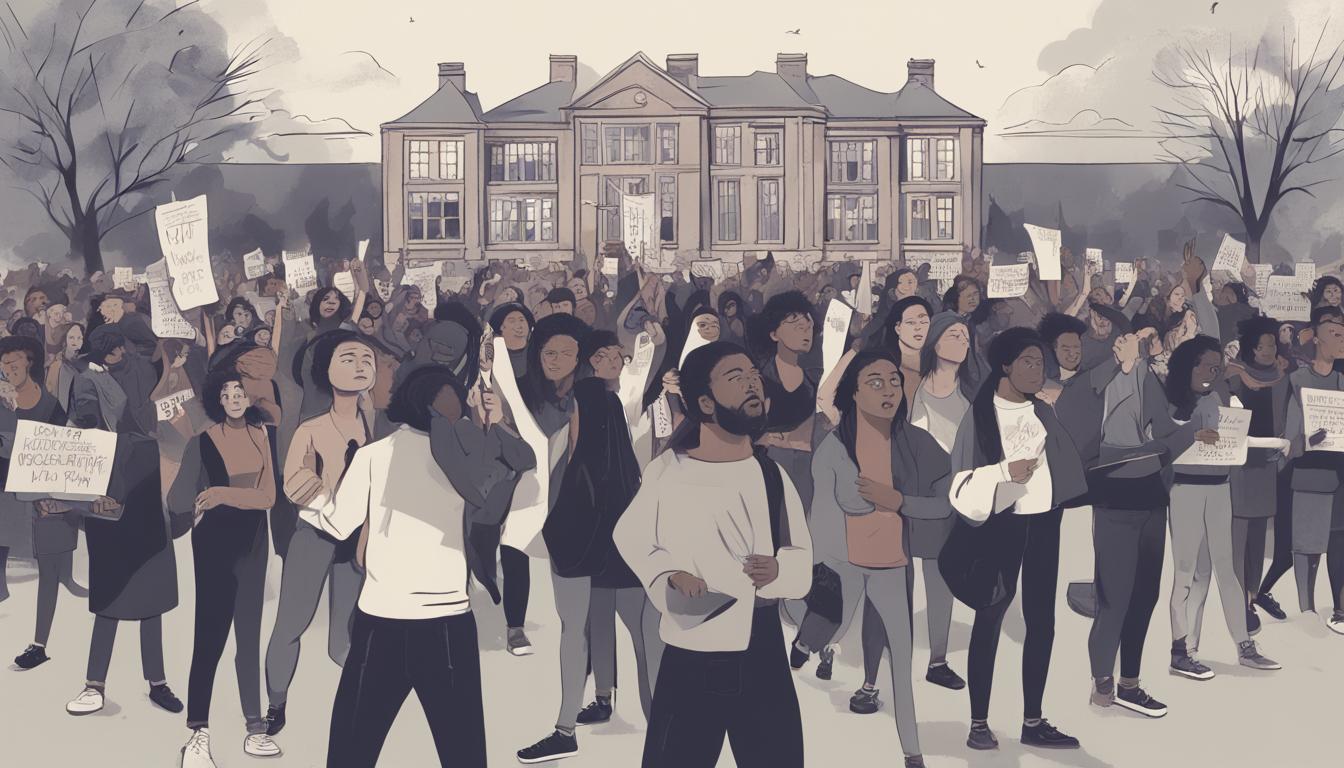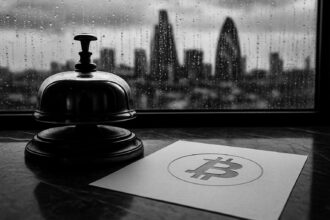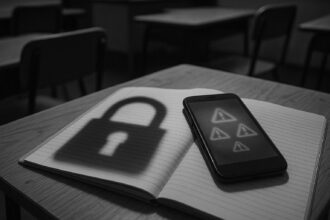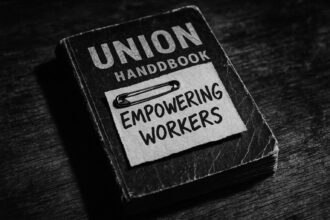Protests related to the Gaza conflict at universities in the US and UK have led to police interventions, arrests, and multiple incidents, escalating tensions and prompting political inquiries into hate speech in educational settings.
Police at George Washington University in Washington D.C., USA, shut down a pro-Palestine encampment on the university campus, resulting in multiple arrests for assaults on officers and unlawful entry. The encampment was part of wider demonstrations that began in mid-April and had spread to about 140 US colleges. These protests were sparked by ongoing tensions and conflict in Gaza, with protestors demanding US universities divest from Israel and end academic relationships with Israeli institutions. Despite the university’s offer of an alternative site for protests, tensions escalated, leading to police intervention.
In a related incident at the University of Mississippi, a student was expelled from Phi Delta Theta fraternity for making racially derogatory noises at a Black protester during a Gaza solidarity demonstration. The incident, which involved the student mimicking monkey noises, was captured on video and widely condemned. The student’s actions were criticized by political figures and led to public outrage, prompting the fraternity to expel the student for conduct that did not align with its values.
Meanwhile, in London, protests relating to the Gaza conflict have significantly burdened the Metropolitan Police, with expenses exceeding £40 million due to police overtime and operational costs. Over 300 individuals were arrested during these demonstrations, which also saw counter-protests and accusations against both far-Right groups and pro-Palestine demonstrators.
Additionally, the House Republicans have launched an inquiry into incidents of antisemitism in K-12 schools across the United States. The inquiry is focusing on the responses of school systems in New York City, Berkeley, and Montgomery County to antisemitism on their premises, reflecting concerns about hate speech and the need for safe educational environments amidst ongoing international political tensions.
These incidents reflect diverse and complex reactions to the Israeli-Palestinian conflict across educational institutions globally, demonstrating the intersection of international affairs with local and national educational policies and community standards.













